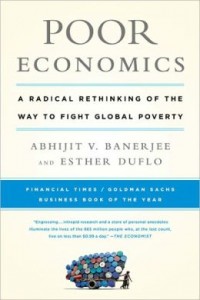
Public debate about the way to end global poverty has ricocheted between two extremes. One was summed up in 2005 in The End of Poverty by Jeffrey Sachs, the Columbia economist who spearheaded the UN Millennium Development Goals. The other was laid out by former World Bank economist William Easterly the following year in The White Man’s Burden. Sachs advocates massive government-to-government foreign aid. Easterly deplores foreign aid, convinced that it does more harm than good.
Two economists won the Nobel Prize for a middle course
In Poor Economics, Abhijit Banerjee and Esther Duflo seek a path between these two extremes, emphasizing the Randomized Controlled Studies they and their colleagues had conducted to ascertain what works and what doesn’t. (As of 2010, they had completed more than 240 studies in forty countries around the world.) The two economists, who married in 2015, won the Nobel Prize for Economics in 2019 for helping to develop an innovative experimental approach to ending global poverty.
They characterize Easterly’s approach as demand-driven, since he believes that poor people must seek their own solutions — a conservative, free-market attitude. By contrast, Sachs’ approach is supply-driven, reflecting Sachs’ conviction that a government must provide for its people based on consensus thinking about what poor people need — a liberal, top-down attitude. (I find myself bemused that I’m on the right side of this debate.)
Poor Economics: A Radical Rethinking of the Way to Fight Global Poverty by Abhijit Banerjee and Esther Duflo (2011) 321 pages ★★★★★
Banerjee and Duflo report that their observations and research results support each of these two approaches — and sometimes both — depending on what issue they study. Hunger, health, education, financial services, family planning, business development, policy options: each field offers up a unique picture of success and failure attributed to one or another of the two approaches. In other words, circumstances and details matter, all of which may vary from one country to another. There is no silver bullet, they assert, no panacea to ending global poverty.
Poor Economics focuses on the overarching question of whether there is such a thing as a “poverty trap.” Sachs contends there is: poor people will be stuck in poverty unless and until they are given the resources to release themselves from the trap. In many circumstances, Banerjee and Duflo find scant evidence to support this assertion. In others, however, they see the need for government intervention in the lives of the poor because otherwise they will perceive no reason to act for themselves.
Rather than identifying a simple, unitary explanation why Sachs’ approach often fails, they emphasize “ideology, ignorance, and inertia — the three I’s — on the part of the expert, the aid worker, or the local policy maker.” These three I’s, they claim, “often explain why policies fail and why aid does not have the effect it should.” Banerjee and Duflo explain further: “The poor often resist the wonderful plans we think up for them because they do not share our faith that those plans work, or work as well as we claim.”
It would be difficult to find two scholars better prepared than Abhijit Banerjee and Esther Duflo to forge a middle course through the opposite poles of thought about global poverty erected by Jeffrey Sachs and William Easterly. Banerjee, an Indian economist who is also the son of two economists, holds an endowed chair in economics at MIT. He co-founded MIT’s Abdul Latif Jameel Poverty Action Lab with Duflo, a French economist and a former MacArthur Fellow (recipient of the “genius” award).
For anyone who seeks deeper understanding of global poverty and the ways and means of fighting it, Poor Economics is must reading. This book is the latest I’ve read in my ongoing effort to study world poverty.
For further reading
This is one of the books I’ve included in my posts, Good books about economic inequality and Gaining a global perspective on the world around us.
For books on closely related topics, see:
- Narrowing global inequities: a reading list
- Third World poverty and economic development: a reading list
- The top 10 books on the economics of poverty
- A resource list on social enterprise
And you can always find my most popular reviews, and the most recent ones, plus a guide to this whole site, on the Home Page.


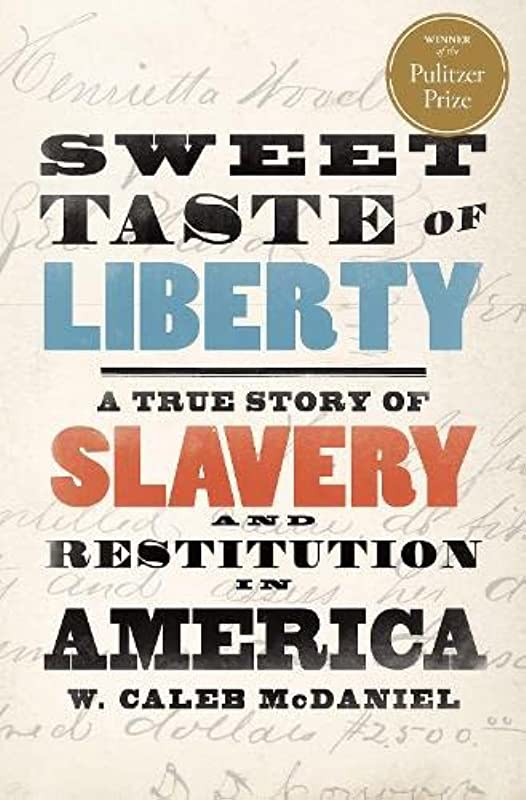
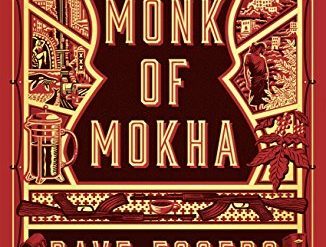
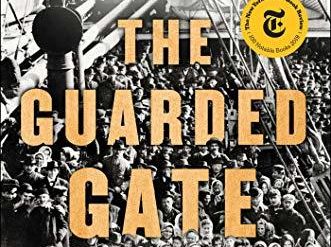
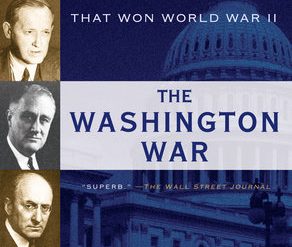






















Can’t wait to read this. I couldn’t agree more with the author’s comments about the poor not sharing our faith in plans that others concoct for them. I would add that poor people also see opportunity–economic and otherwise–in a different light because here too do the “circumstances and details” of their lives matter in making choices in life. Poverty & hunger have a way with shaping one’s view of the world.
Hi, Diana — you’ll find that the authors address all the points you make.